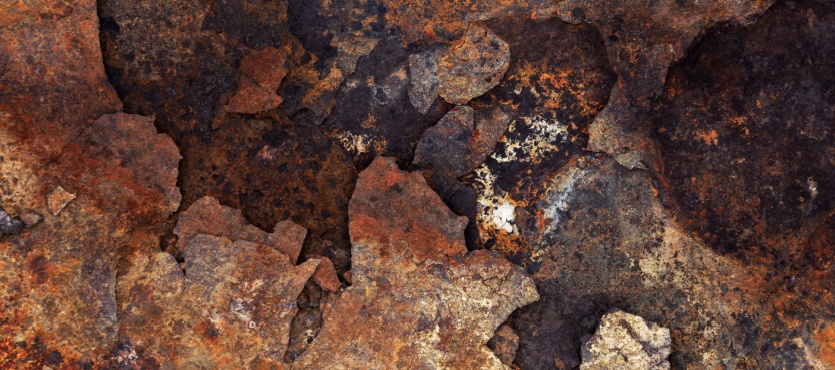Florida’s climate presents a year-round challenge for businesses trying to protect their metal equipment and infrastructure from rust. The state’s high humidity, coastal salt exposure, and unpredictable weather patterns make corrosion a constant concern. However, understanding how seasonal shifts influence rust formation can help businesses take timely, preventive action. Each season brings its own set of risks, and knowing what to expect—and when—can mean the difference between routine maintenance and costly equipment failure.
Spring: The Beginning of High Humidity
As temperatures rise in the spring, so does the humidity. Moisture in the air becomes more consistent, creating the ideal environment for oxidation. Equipment that remained relatively dry during Florida’s mild winter can begin to show early signs of surface rust. This is the season when condensation begins forming regularly on HVAC systems, outdoor machinery, and metal fixtures.
Spring is also when many businesses ramp up their operations in preparation for the summer rush. That makes it the perfect time for inspections and rust-prevention maintenance. Surface rust that begins in spring, if ignored, can rapidly progress as the weather continues to warm.
Summer: Peak Corrosion Conditions
Florida summers are notorious for intense heat, frequent rain, and high humidity—all of which create peak rust-forming conditions. Afternoon thunderstorms are common, and water often lingers on metal surfaces, especially in shaded or poorly ventilated areas. Salt air in coastal regions can travel further inland during summer storms, compounding the risk for corrosion even in locations not directly on the waterfront.
This season is especially harsh on commercial HVAC systems, which run continuously to maintain cool indoor environments. Moisture inside and around these units contributes to rust buildup, particularly on coils, ducts, and fasteners. If your business operates cooling towers, outdoor storage units, or heavy-duty equipment, summer is the most critical time to ensure your rust prevention plan is working effectively.
Fall: Lingering Moisture and Overlooked Risks
While fall brings slightly cooler temperatures, the high humidity doesn’t go away entirely. Rain is still frequent in many areas, and equipment that was stressed throughout the summer may already have developed hidden rust damage. Because the weather feels more comfortable, many business owners let their guard down—fall is often when rust problems quietly worsen due to neglect.
This is a smart time to perform detailed inspections of HVAC systems, especially those used heavily during summer. It’s also a good season to reapply protective coatings, schedule rust removal services, and prepare for the slightly drier winter months ahead.
Winter: A False Sense of Security
Florida’s winters are relatively mild, and in most parts of the state, humidity levels decrease slightly. While this provides a short reprieve, it can also lead to a false sense of security. Businesses may reduce their focus on rust prevention, thinking the lower humidity means lower risk. However, morning dew, salt spray near the coast, and continued use of certain equipment (like HVAC or commercial refrigeration units) keep the threat alive.
In winter, rust is more likely to develop in hidden or low-traffic areas that haven’t been cleaned or inspected. Storage units, rooftops, metal enclosures, and structural supports should be checked for corrosion, even if they appear to be dry. Preventive maintenance during this period helps ensure your equipment is protected before the high-risk spring and summer months return.
Year-Round Tips for Florida Businesses
While seasonal awareness is essential, Florida’s climate means rust prevention should be a year-round priority. Businesses can protect their equipment and infrastructure by scheduling regular inspections, applying protective coatings, and partnering with rust removal professionals to treat affected areas before damage becomes severe.
From spring’s rising humidity to summer’s storms and fall’s lingering moisture, each season carries its own risks. Recognizing these patterns allows businesses to act proactively rather than reactively.
Stay One Step Ahead of the Seasons
In Florida, rust doesn’t take a season off—and neither should your maintenance plan. Understanding the unique rust risks associated with each part of the year allows businesses to take targeted action that protects their equipment, reduces downtime, and lowers repair costs.
Whether it’s early spring inspections, mid-summer maintenance, or winter touch-ups, RustyGone offers expert rust removal and prevention services tailored to Florida’s demanding environment. Stay ahead of seasonal corrosion and keep your operations running strong all year long.

